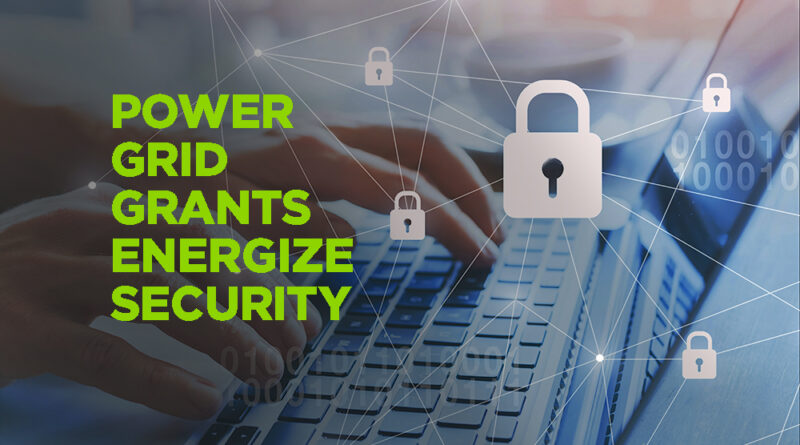Portland State University Gets Grant to Study Cybersecurity
The past year has undoubtedly shown the need for a resilient cybersecurity infrastructure. On May 7, 2021, Colonial Pipeline, the largest pipeline system for refined oil products in the U.S., suffered a ransomware cyberattack that left it shut down for a period. It wasn’t until the CEO paid the $4.4 million ransom, that the pipeline was back running.
Recently, Portland State University in Oregon received a two-year federal grant of $2 million to study cybersecurity to prevent hacks similar to this one. The National Security Agency (NSA) awarded the grant to PSU specifically to identify potential threats to what’s called the “smart grid,” which is an electrical grid that allows for two-way communication between the utility and its customers. This free flow of communication allows power and data to transfer more conveniently when needed.
Portland State is the only university in Oregon that is a National Center of Academic Excellence in Cybersecurity Research. Birol Yesilada, the principal investigator of the project, said the issue of cybersecurity is not one that a single group can fix, because it requires different perspectives. Yesilda said the most significant problems are the outdated technology and workforce abilities.
“For the federal government, much of the focus has been on upgrading and securing the top level of infrastructure from cyberattacks,” said Yeşilada, who is also the government faculty and director of Portland State University’s Mark O. Hatfield School of Government. “We need a top-down approach, but we also need a bottom-up approach if we’re going to protect what I call ‘America’s soft underbelly’—the vulnerabilities at local and regional governments, utilities and special districts serving the communities we live in.”
GrantWatch has a similar grant listed for IHE’s and nonprofits to provide funding for projects related to cybersecurity.
The Importance of Cybersecurity Analysis
With this funding, PSU researchers will study potential vulnerabilities within the grid. This work is crucial given the amount of data breaches that occurred in the U.S. recently. Along with the incident involving the Colonial Pipeline, many other entities have came forward about being hacked. Last December, the country saw one of the worst-ever hacks on the U.S. government.
The attack, called the Sunburst hack, began when hackers got into the system of SolarWinds Corporation, a major U.S. information technology firm. The data breach then spread to the company’s clients, including both the U.S. Department of Energy and Microsoft. The U.S Departments of Commerce and Treasury said they had also been a target of this month-long cyber attack.
Cybersecurity research is critical to protecting the country’s infrastructure. The country needs to make sure data and sensitive information can be kept secure. So, the more data that programs like the one at PSU can collect, the safer systems will be.
GrantNews Notes
GrantWatch does feature two categories that may be relevant to organizations seeking grants for similar initiatives. There is a category for technology-related grants. These can be grants for nonprofits, educational institutions, for-profits, government agencies and more. Additionally, there is also a category for research and evaluation grants. Our own researchers work diligently to guarantee that the most up-to-date grant information is available for our subscribers.
Check out two previous articles on GrantNews that touch on similar issues, including an article about a National Science Foundation grant awarded to keep private documents secure online and a grant awarded to make the cybersecurity infrastructure in the United States more resilient.
Make sure you sign up for a paid-subscription to GrantWatch to gain access to all of our resources for grant-seekers!

